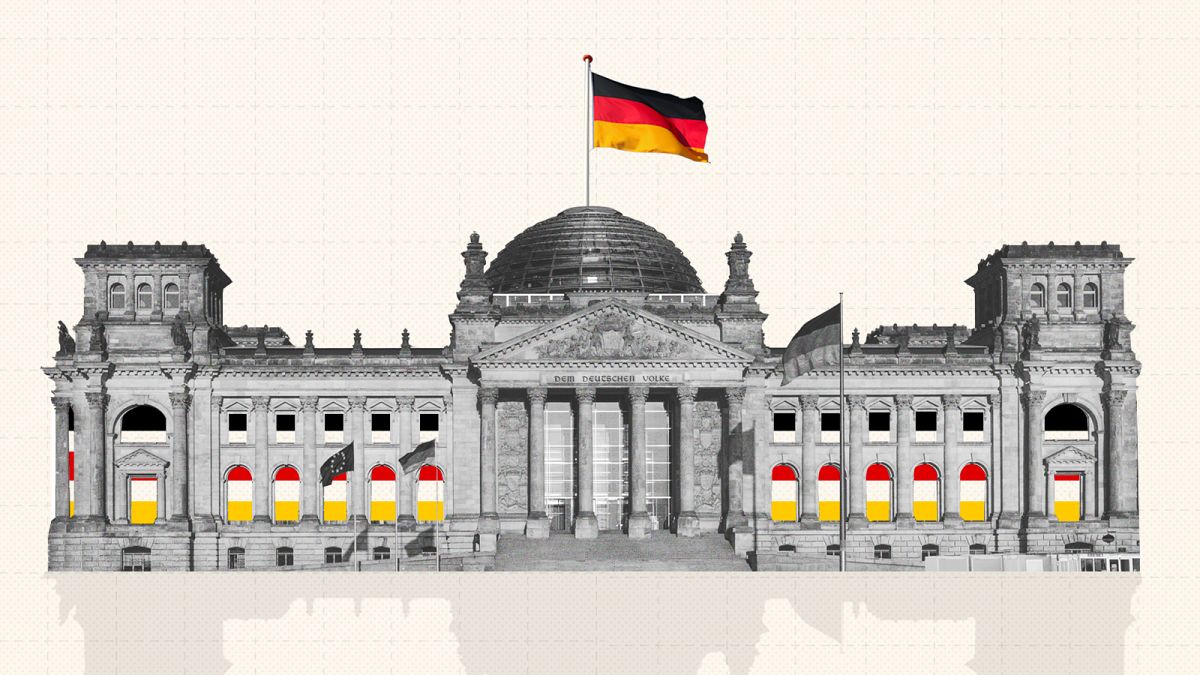Germany is currently experiencing a significant shift in its political landscape as support for Chancellor Olaf Scholz’s governing “traffic light” coalition has started to decline. This decline has been further exacerbated by the collapse of the alliance between the Social Democrats (SPD), the Greens, and the Free Democrats (FDP). On the other hand, the centre-right Christian Democratic Union (CDU) and its Bavarian sister party, the Christian Social Union (CSU), have maintained their position at the top of the polls. The far-right populist Alternative for Germany (AfD) remains the country’s second largest opposition party, gaining momentum in recent times.
Chancellor Scholz’s SPD is currently trailing behind the main opposition party, led by Friedrich Merz. The Greens, led by Vice Chancellor Robert Habeck, have also seen a decrease in support following the collapse of the three-party coalition. The far-right AfD, while consistently gaining traction, remains politically isolated, as mainstream parties continue to refuse any coalition with them. Additionally, the newly-formed left-wing party BSW, led by Sahra Wagenknecht, has tapped into populist discontent, further diversifying Germany’s political options and adding to the fragmented landscape of the upcoming election.
As the next election approaches, polls indicate that there is no single party close to achieving an absolute majority. This suggests that there will likely be weeks of negotiations needed to form a workable coalition government, which is a common feature of German politics. The CDU/CSU is currently best positioned to form a majority coalition, potentially needing support from either the Greens or the SPD. The current three-party coalition is unlikely to be renewed as the FDP is polling below the 5% threshold needed to enter the Bundestag.
Germany’s proportional electoral system provides valuable insight into the potential makeup of the government after the election. It is important to stay updated with live polling data in order to keep track of the latest developments in the political landscape. The CDU/CSU’s position at the top of the polls indicates that they are in a strong position to lead a coalition government, but the final outcome is still uncertain and dependent on the results of the upcoming election. It remains to be seen how the various parties will navigate the complex political landscape and form a government that is able to effectively govern the country.











